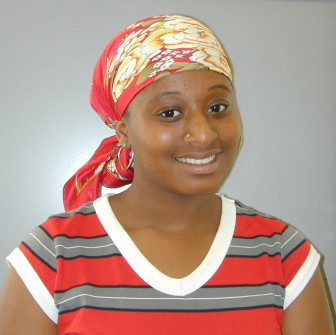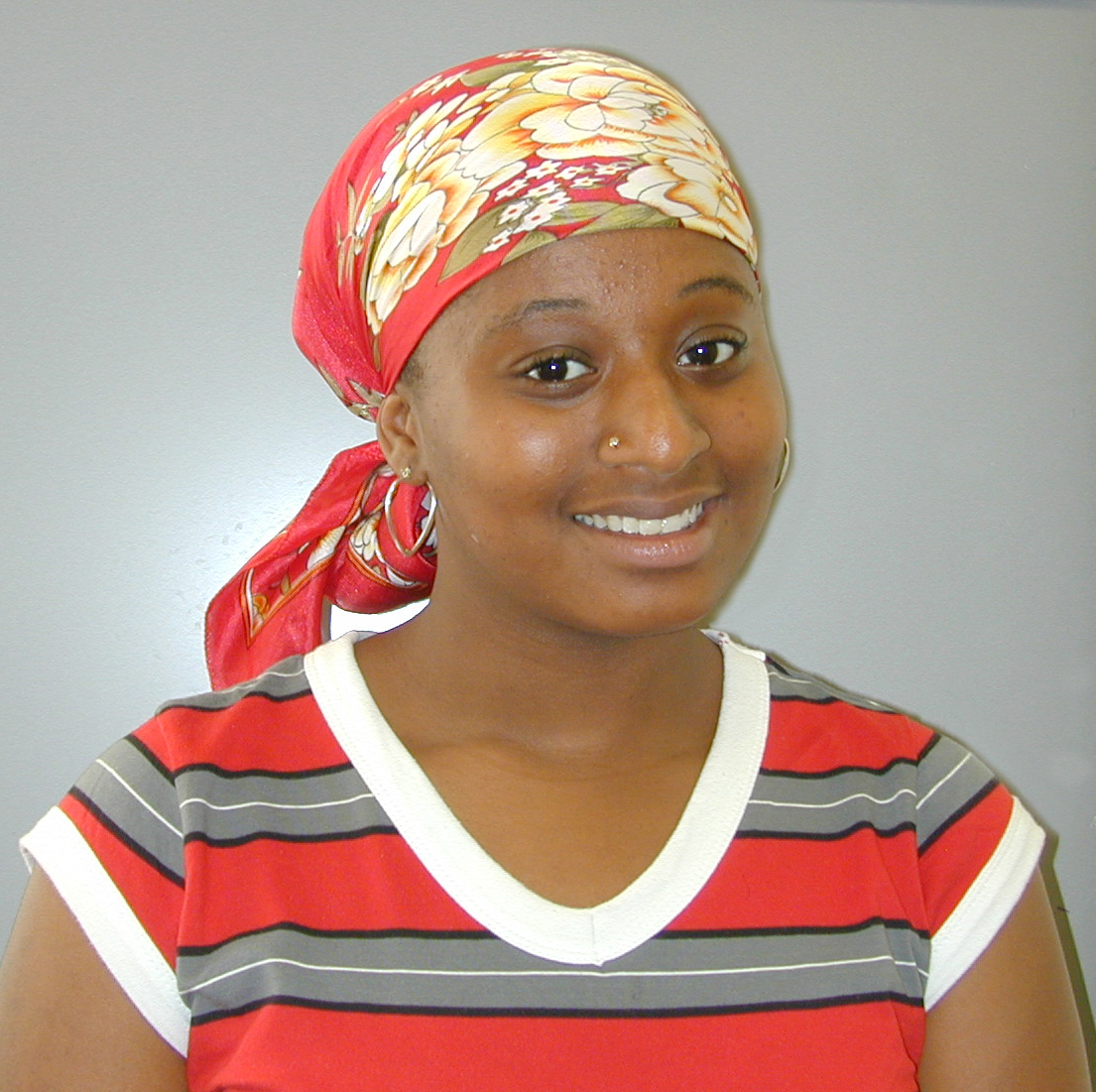 Before I went into care permanently, at age 11, I lived with my mom on weekdays and had weekend visits with my dad. My mom left us kids alone when she went off to drink and drug; we later found out she had a mental illness. My father worked two or three jobs to ensure that I was financially well taken care of. But he spent no quality time with me. Neither parent hugged or kissed me or said “I love you,” or explained where they disappeared to.
Before I went into care permanently, at age 11, I lived with my mom on weekdays and had weekend visits with my dad. My mom left us kids alone when she went off to drink and drug; we later found out she had a mental illness. My father worked two or three jobs to ensure that I was financially well taken care of. But he spent no quality time with me. Neither parent hugged or kissed me or said “I love you,” or explained where they disappeared to.
Once I went into care, I was bounced around to different placements. Any attachment I made was interrupted. At age 12, I was placed in a state mental hospital for attempting suicide. I’ve had different diagnoses, but now they are bipolar depression with manic episodes and borderline personality disorder. I take Prozac to control depression, Lithium to stabilize my mood and Trilafon, an antipsychotic, to help me think before reacting.
I aged out of care, pregnant by my boyfriend Michael. We wanted to have the baby, but I worried that I’d always be a target for Child Protective Services (CPS) because I grew up in foster care and was mentally ill.
But CPS and the mental health system ended up providing a great support system. I spoke about my fears with my therapist and ob-gyn, and they connected me with prenatal classes, parenting and anger management groups, and a mental health treatment center. After giving birth, I was referred to social workers who connected me to mommy support groups and Good Shepherd (a child welfare agency in New York) to receive preventive services to prevent CPS from removing my child.
Learning to parent
Prenatal and parenting classes taught me the basics of providing a child with food, medical care, shelter and clothing. The classes also taught me nonaggressive ways to respond to my children’s emotional behaviors as well as stress management techniques to help me stay calm and in control.
I started receiving preventive services when my daughter Emma turned 2 months old and I began to struggle with postpartum depression. CPS assigned me a homemaker to train me how to be a parent. The homemaker also watched my kids when I went to get my mental health treatment.
When Emma was 10 months old, I did mom and child physiotherapy sessions, where a therapist videotaped me with my child and then watched the video with me. They encouraged me to do more of some things and pointed out what I needed to improve to better connect with my child. For example, they told me to stop trying to be in control all the time and allow my child freedom to do what she chooses sometimes. I realized I sometimes forced her to do something the “right way,” when it could have been done her way: If she was coloring the grass purple, I told her to make it green.
The therapist said I was too overprotective and wanted perfection instead of letting Emma explore her own creativity and independence. When Emma sat facing away from me, I made her turn around. The therapist helped me train myself to acknowledge her behavior without a judgment and to give her the freedom to be creative and discover things without expectations.
Emma’s crying would fill me with guilt and frustration, and sometimes that made me detach. Parenting classes taught me that every baby is different, and the only way a parent can develop a relationship is to pay close attention to the baby so you can recognize the wet diaper cry, the hungry cry, the “I need Mommy to rock me to sleep” cry.
Meanwhile, marriage/family therapy helped me learn how to better connect and co-parent with Michael, rather than debating parenting styles.
Then we got pregnant again. That news triggered more overwhelming feelings. I thought: I am just learning how to attach and bond with this child, and I’m having another one?
After I had my second daughter, Michel, I wasn’t released from the hospital for a week due to being diagnosed with maternal mental health disorder, also known as postpartum psychosis. I had the delusion that the hospital replaced my baby with someone else’s and abducted my daughter. I kept asking for my baby as I was holding my baby. I felt out of control and like my family would be better off without me.
Overwhelmed
I recovered from that, but when Emma was 2 and Michel 18 months, CPS said they were going to take away my homemaking services and close my preventive services. CPS thought I was doing well enough to parent on my own, but I was afraid of becoming overwhelmed and breaking down again.
I started skipping my therapy appointments and stopped refilling my antidepressant medication. I picked fights with my husband Michael in front of the kids, and I got violent. Even though I’d mostly stayed away from alcohol before because of my mother, I found myself following down her path. I stayed out late drinking and started an affair. I got in fights with Michael where I broke property and threatened to kill him.
CPS intervened and started supervising the household twice a week and offered family therapy that we accepted. I still struggled. I stopped taking my medication altogether.
[Related: Represent: A Magazine for Foster Kids by Foster Kids]
I wasn’t trying to hurt or abandon my husband and our kids; I was trying to live. I felt dead inside, and going out partying, drinking and having the affair made me feel alive. I was getting the time and attention from the guy that I wasn’t getting from Michael.
Michael did everything he could to save me, but in my disordered state, I thought it was only because someone else wanted me. He was left pulling both the daddy and mother role with help from the homemaker. The homemaker and Michael were helping me, but I was paranoid that they were out to take over my role as mom.
I woke up one morning and called my CPS worker and told her I felt overwhelmed. She came over that day and handed me a paper to sign. She acted all friendly and helpful and told me she would only take the girls for a three-day temporary hold (respite care). Then she told my husband and me to come to the office with the kids for a family team conference.
My girls in care
The CPS workers told me they didn’t want me to be alone with the kids, so something would have to change. Michael could have taken the kids, but who was going to watch them while he worked? Even if the homemaker came seven hours a day, five days a week, I’d still be alone with them while Michael worked.
The kids had to go into foster care until our court date a few weeks later.
CPS placed the two girls in a temporary therapeutic foster home together. I visited them there once: When my oldest daughter grabbed my hand and asked to go home, I wanted to break down, but I had to hold it together for them. My kids were miserable; I was miserable; and the foster mom begged for me to hurry up and go to court to get them back because the kids cried nonstop for mommy and daddy. She had black spots under her eyes from lack of sleep.
At court, it was decided I only qualified for 12 hours of homemaking, seven days a week. That was based on Michael’s work hours and my mental health treatment. The only strategy to get the kids home was for one parent to leave the home until we completed the services that the court required, and so Michael went to live with his father. The court-ordered plan was supervision for me by the homemaker whenever I was with the children.
Michael had visits anytime, unsupervised. He received services to learn how to better deal with my mental breakdowns and outbursts, and I found a program that gave domestic violence treatment for mentally ill patients. I was taught how to better control my emotions without becoming abusive toward my partner.
Everything got better within six months, and I got my kids back with services at home. I had two more children, and continued to become a better parent and take better care of myself, thanks to the services that CPS provided. I’ve been able to slowly reduce the services. Now I can work and attend school as well as take care of the children.
Grateful
Then CPS decided that my case, which was opened after I got violent with Michael, could be closed since my mental health had been stable for several years. CPS transferred my homemaking services to a Medicaid mental health support team. The goal is to get the services hours down, and eventually, discontinue them altogether.
I wasn’t born mentally ill. I developed it from my painful experience as a child. Until I’m confident that I am fully recovered and healed from my painful childhood, I will continue to advocate to keep preventive services in place. Though I once feared CPS, I am grateful to be involved with them and for the help they’ve given me.
Even the removal of my children, as upsetting as that was, was the right move at the time. I needed to take steps to make my life better, and the only way was a temporary placement for my kids outside the home so I could stabilize and get back on my medication. I knew I needed to work on the violence that developed in my relationship with my children’s father.
I am slowly becoming less dependent on Michael, homemaking and mental health treatment. I am taking on more things than ever before, even with four kids. I work a seasonal paid job at the board of elections, and I get compensated for volunteering to advocate for children with special needs and mental illness. I recently started to work from home part time as an independent distributor for a company that sells weight loss and nutritional products. I also got my high school diploma in June 2015.
Both Michael and I had substance-abusing mothers and went into care. It makes sense that it was harder for us to parent. I think every parent who grew up in care should get parenting services and classes. How else do you know how to do it? I’m grateful for all the help I’ve gotten from CPS. Their help slowly helped me heal and be the best mother, wife and person I can be.
Erica wrote this story for Represent, a magazine by and for youth in foster care, published by Youth Communication, a New York City-based nonprofit that helps educators engage struggling youth and build their social, emotional and literacy skills. Erica wrote for Represent while in her late teens and into her 20s. She is now 30, and this is her last story for Represent.
































